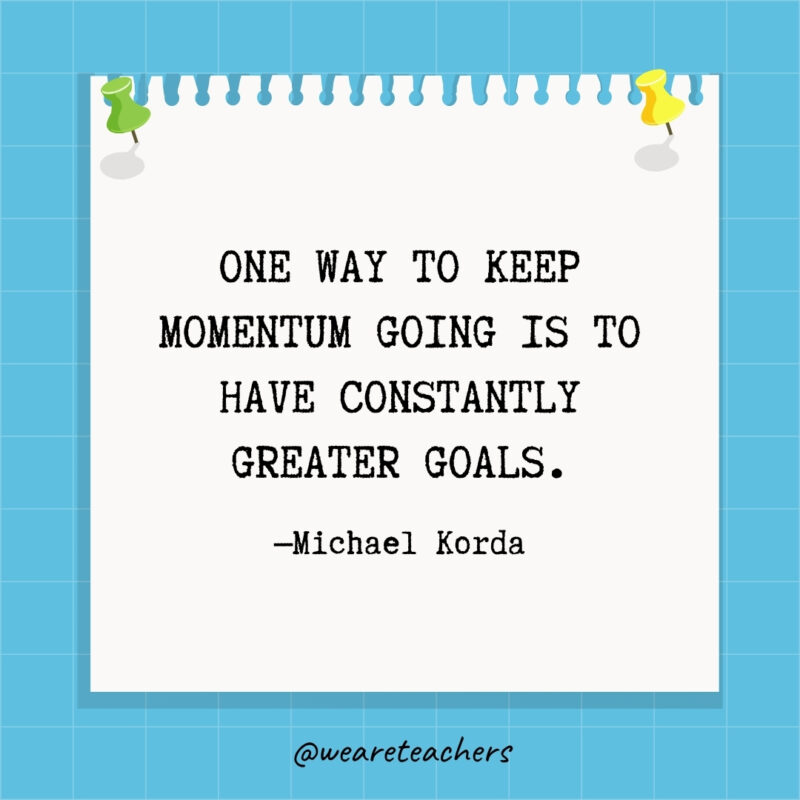So now you know what focus is, why it matters and how it works in the brain.The next question is how you can make it work for you and maintain your focus as long as you need it on any given thing. Most people unfortunately will go about this in entirely the wrong manner. That’s because they are constantly trying to fight their natural inclination to pay attention to certain things and in turn they end up struggling to stay focused.
When you try and force yourself to focus on the Word document you’re working on rather than on your Facebook page or whatever else is trying to steal your attention, you’ll essentially be engaging your salience network and trying to actively force yourself to focus on that thing and block out the other distractions from the ventral attention network, or from the other activity firing in your brain elsewhere.
Something else to bear in mind here too, is that maintaining such intense focus is very tiring and actually requires a lot of energy. It’s easy to become worn out as a result and to flag.

So what do you do instead?
Simple – you ensure that what you need to focus on is genuinely fascinating and engaging. To do this, you just have to find something that truly motivates you and that drives you. If you manage to find something that really matters to you then you will have intrinsic motivation without even trying. In other words, your brain will produce the reward hormone (dopamine) automatically bringing your focus strongly to what you’re doing.
Basically, when you struggle to stop looking at Facebook, it’s because your brain finds Facebook more rewarding and more salient than what you’re currently doing. The same goes for Candy Crush Saga or for YouTube videos of cats. After all – these things are all designed to be highly rewarding and almost addictive. But if your job is more fascinating and more interesting than Candy Crush then you won’t be tempted to bring it out of your pocket.
Think about it: when was the last time you started playing Candy Crush at the movies, on a roller coaster or at a concert featuring your favorite band? Imagine if you enjoyed your work as much as your favorite band. Imagine if you enjoyed everything as much as your favorite band. Now you’d be more focused and more present at all times and you’d live a richer and more rewarding life that resulted in better achievement.

Flow States and Startups
Another interesting neuroscience subject that relates to concentration is the ‘flow state’. A flow state is characterized as a state of mind where the individual experiences intense concentration and focus and where they are highly engaged with what they’re doing. Today, researchers believe that flow states may behind many of the biggest breakthroughs and achievements in human history and it’s believed that this is the most productive, efficient and effective mental state we can achieve.
Chances are that you may have experienced a flow state yourself…
Examples of Flow State
-
- When you’re engaging in sports and the world almost seems to ‘slow down’ allowing you to react with perfect clarity and reaction speed.
-
- When you’re deep in conversation and lose track of time – you check the time and realize that it’s 3am.
-
- When you’re so deep in work that you find yourself ignoring the need to go to the toilet or even get up to eat.
These are all considered flow states and they’re all characterized by an increase in catecholamine neurotransmitters combined with a decrease in rapid brainwaves. Rather than seeing beta waves, instead the brain goes into an alpha/theta wave state. At the same time, many areas of the brain actually shut down in what is known as ‘temporohypofrontality’.
It’s almost like meditation where every outside distraction is removed and you’re completely focused on one thing – to the point where time almost loses its meaning. What does this have to do with finding your passion? Simple: when you’re working toward your passion, you are in a flow state at all times.
Studies show that most start-up companies are in better ‘flow’ than any other business. Why? Because they’re excited and passionate about their business and because they have an exciting, youthful energy. And this is great news for those startups, because businesses with large amounts of flow actually produce far greater product than those without.So if you learn to love what you do, you’ll be in constant flow.

How to Love What You Do and Find Your Passion
If you’re working in a boring office job, filled with people you don’t like and in an environment you find uninspiring, then you won’t be in flow and you’ll struggle to concentrate. This is bad news. The same goes if you’re stacking shelves in a grocery store. Unless you’re super-passionate about groceries, you’re probably not in flow and you’re probably not working optimally.
For these reasons, you need to change your career right now if you want to fulfill your potential. That means finding your calling – finding the thing that will motivate you to get up first thing in the morning. The thing that will cause that salience network to fire like mad. Now a lot of people will say they can’t do this – they have too many responsibilities and financial strains to just ‘up and leave’ their current job.
So here are some things you can do to start moving towards a career you truly love:
-
- Start looking for outside work while at your current job – you don’t need to quit your day job until you’ve found your perfect position elsewhere. So there’s really no risk!
-
- Alternatively, try starting a ‘side project’ from home in the form of a small business. You can create a blog, start selling a product etc. and then wait until it’s earning enough money to support you when you love your current employment.
Think about what it is that will truly make you excited:
-
- Ask yourself when you last felt truly energized at work
-
- Think about the jobs that your role models have
-
- Think about what you love doing and all the ways that can be made into a career
-
- Don’t be afraid to combine jobs or think outside the box – there’s nothing to stop you having a part time job and a small business venture!
Visualize what success looks like to you and what happiness looks like to you. Now think about what steps you’d have to take to get there. What career would support this lifestyle?
Discover more from Personal Blog of Richard Tong
Subscribe to get the latest posts sent to your email.




